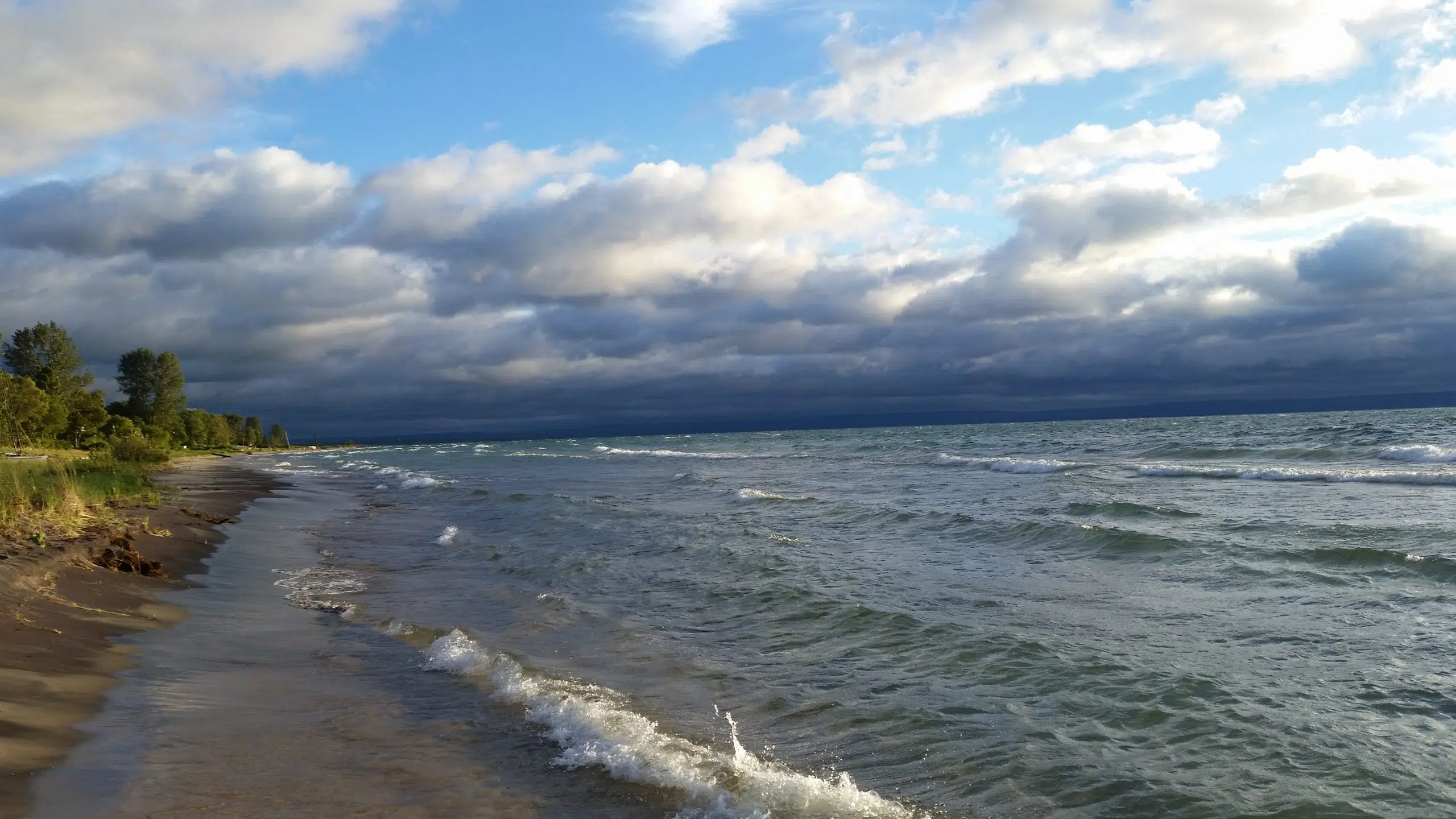The Lake Huron Coastal Centre is looking for citizen scientists to help monitor the Lake Huron Shoreline.
Coastal Stewardship Technician and Coastwatcher Program Coordinator Alyssa Bourassa says citizen scientists, or community scientists come together for scientific research of Lake Huron.
“Our coastwatchers are a group of volunteers who collect data on Lake Huron once a week from May until October, and they collect data on things like weather conditions, algae blooms, plastic pollution, human activity, erosion, and wildlife,” says Bourassa.
She adds this season will make 18 years of data collection, and the program and grown significantly to over 200 people.
She says with the development of a new app this past year, they have the ability to host more people and more data than ever before.
“Really everyone and anyone is welcome to participate in the program,” says Bourassa. “The Lake Huron shoreline is the longest of all of our shorelines at over 6,000 kilometres. It is just important have a good pulse of what is happening on Lake Huron.”
She says the charity organization takes the data collected, analyzes it, and turns it into a yearly report to be brought before decision makers. Based on the findings, such as an increase in plastic pollution, they might hold an event to address it.
“The data itself is very valuable, there is a lot of effort and time that goes into collecting this data,” says Bourassa.
Bourassa says the organization will also be holding 13 beach cleanup events from Sarnia to Tobermory, with the first taking place in Goderich on April 22.
Those looking to become a scientist can visit the Lake Huron Coastal Centre website and take the online training seminar, with more details on the beach cleanup events also available here.



